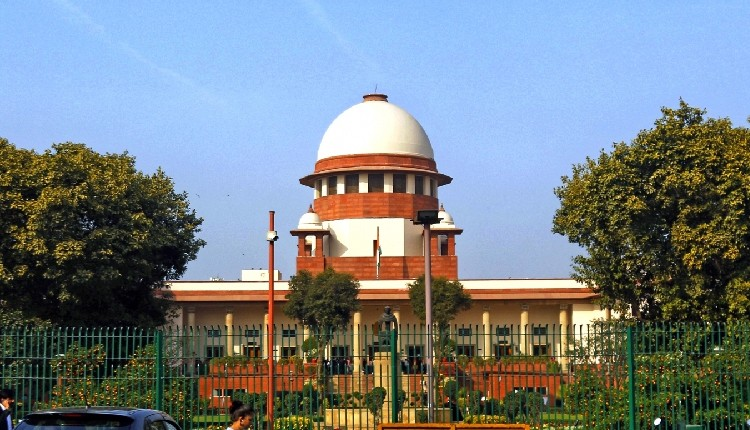
New Delhi: On December 7, 2024, the Supreme Court of India announced that a three-judge Special Bench will hear several petitions questioning the constitutionality of certain sections of the Places of Worship (Special Provisions) Act, 1991. This law prohibits any lawsuits aimed at reclaiming places of worship or altering their religious character as of August 15, 1947.
The Special Bench, led by Chief Justice Sanjiv Khanna and including Justices Sanjay Kumar and KV Viswanathan, is set to review these petitions on December 12. In March 2021, a bench chaired by former Chief Justice S.A. Bobde had requested the Indian government to respond to a petition filed by advocate Ashwini Upadhyay, arguing that the Act infringes on Hindu, Jain, Buddhist, and Sikh rights to restore places of worship destroyed by historical invasions. The petition contends that the Act, enacted under the pretext of maintaining “Public order,” oversteps state jurisdiction, as issues of pilgrimage and religion fall under state authority.
The plea also claims that the Act is discriminatory, citing the exclusion of Lord Rama’s birthplace while including that of Lord Krishna, even though both figures are revered in Hinduism.
In response, the Managing Committee of Varanasi’s Gyanvapi Mosque has requested the Supreme Court to dismiss the petitions against the Places of Worship Act. The committee warns that declaring the Act unconstitutional could lead to severe consequences, undermining the rule of law and communal harmony in India. They argue that the challenge to the legislation rests on arguments seeking to rectify historical grievances, which should not be the basis for a constitutional evaluation.
The Gyanvapi Mosque committee emphasizes that the Act was enacted by Parliament as a commitment to secular values enshrined in the Constitution, and reiterates that nearly three decades after its passage, these challenges should be deemed meritless. They point to a recent violent incident in Sambhal, Uttar Pradesh, linked to similar legal disputes over religious sites, which reportedly resulted in several fatalities. The committee states that current litigation targets the Gyanvapi Mosque’s status and seeks to restrict Muslim access, yet these suits contradict the protections offered by the 1991 Act.
